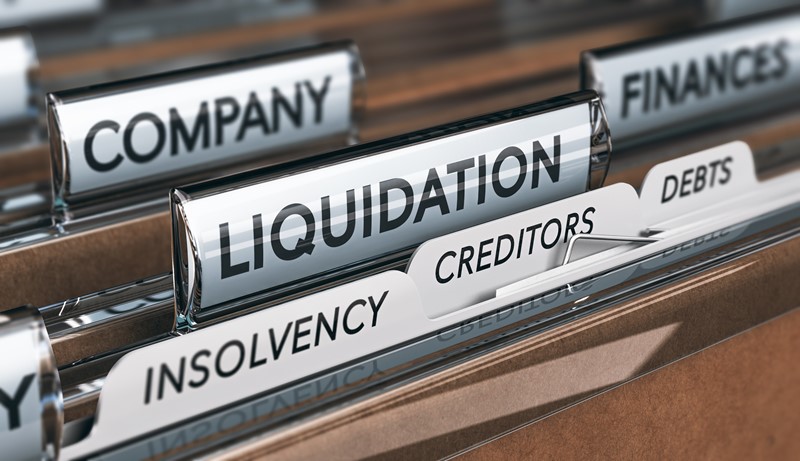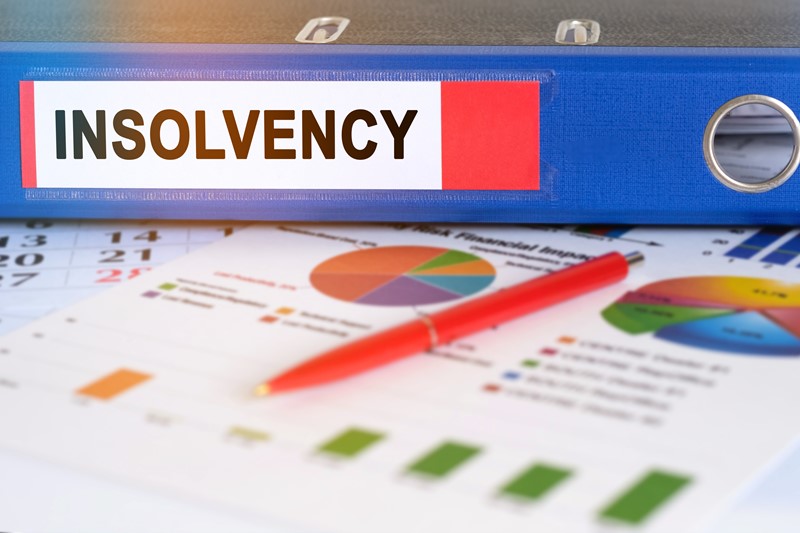Companies House has introduced a new WebFiling account. The new account represents a first step in creating a single sign-in across all Companies House services and a continued push to becoming a fully digital organisation.
The new WebFiling account also includes new benefits and options for users that include the following:
- multi-factor authentication;
- the ability to link your company to your WebFiling account to give you more control over your filings;
- the ability to digitally authorise people to file on your behalf on WebFiling, and to remove authorisation;
- easily seeing who’s digitally authorised to file for your company; and
- an option to sign up to emails to help you with the running of your company.
Online filing can also help reduce the likelihood of late filings and associated penalties. There are also built-in checks when filing documents online which can help avoid errors and rejection. Companies House also sends confirmation once an online filing has been accepted. If your document is rejected, it can be quickly corrected and resubmitted.
In order to register for online WebFiling, you must register with Companies House and choose a password. Companies House will then send an authentication code to the company’s registered office address. Both the password and Authentication Code are needed to use WebFiling.
Some small companies have had concerns adopting to electronic filing, however, in the long run the investment in using electronic filing should more than pay for itself in time and fees saved, as well as providing a more secure filing experience.








